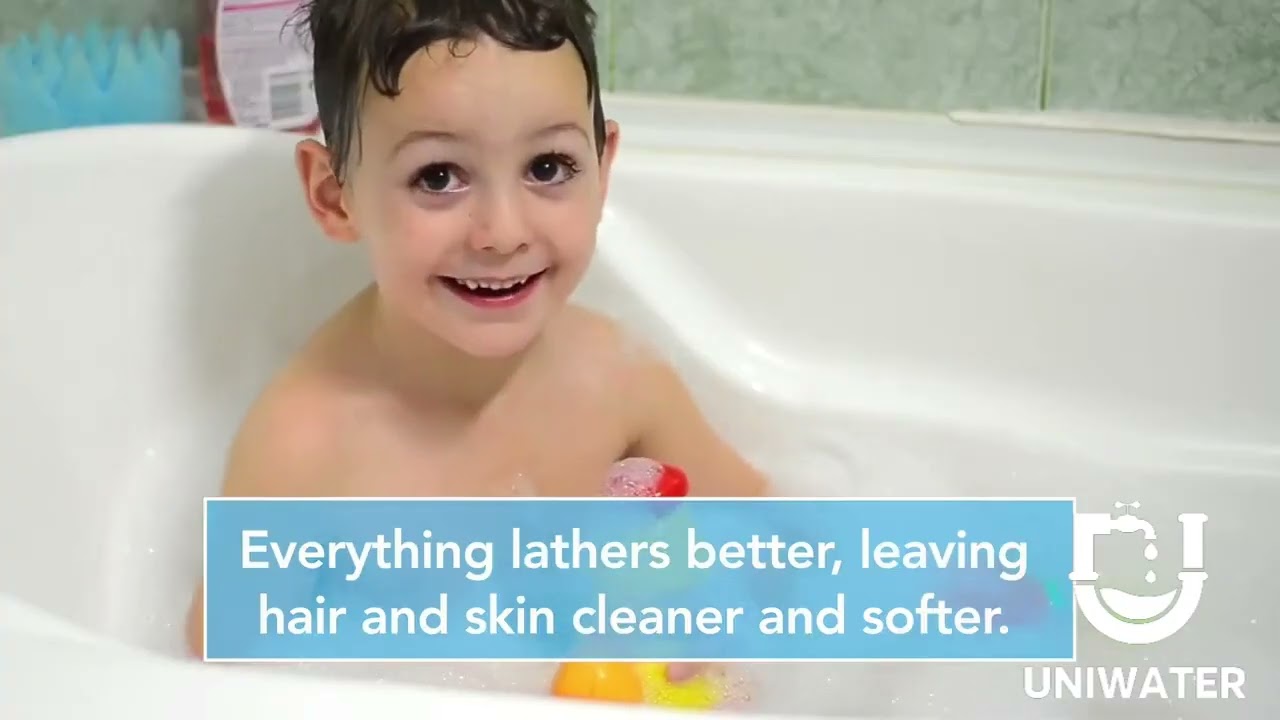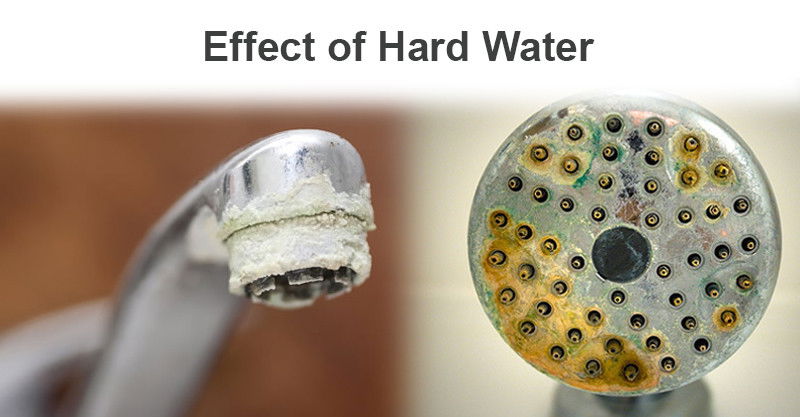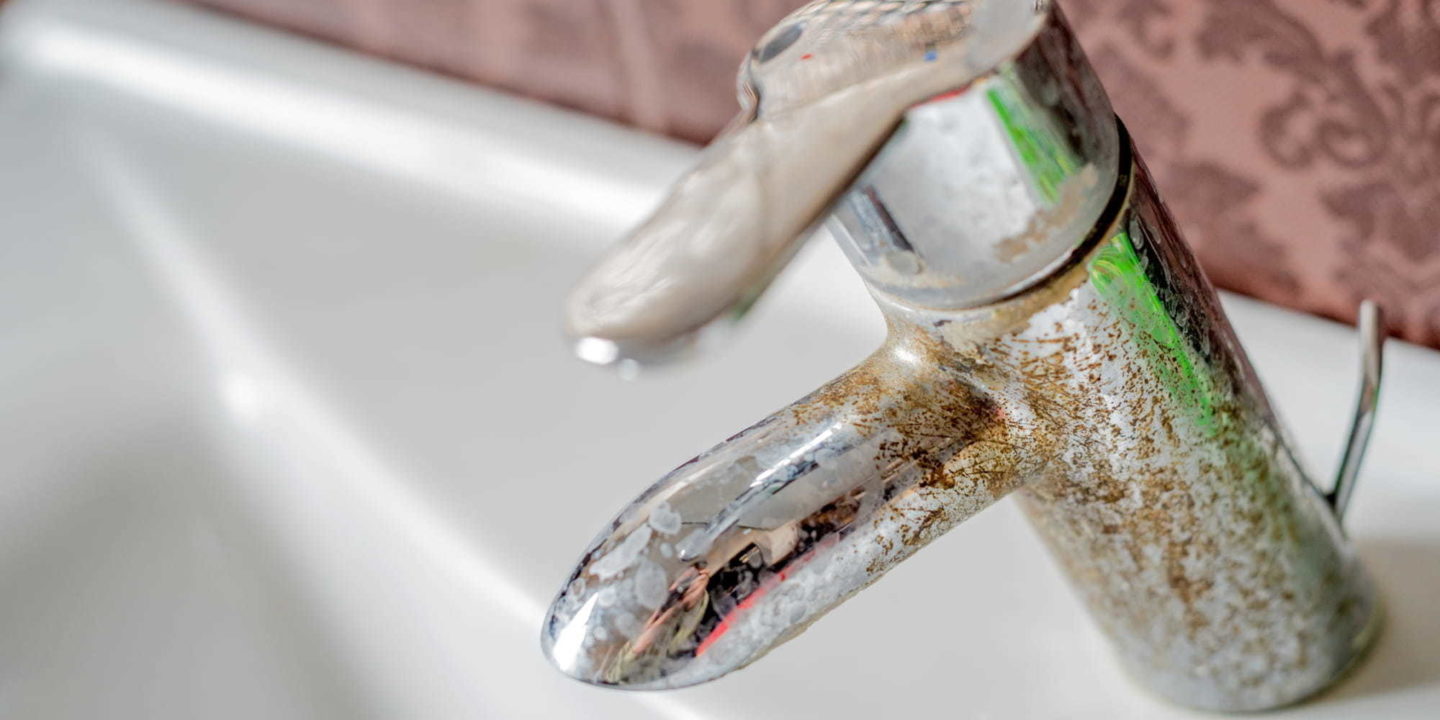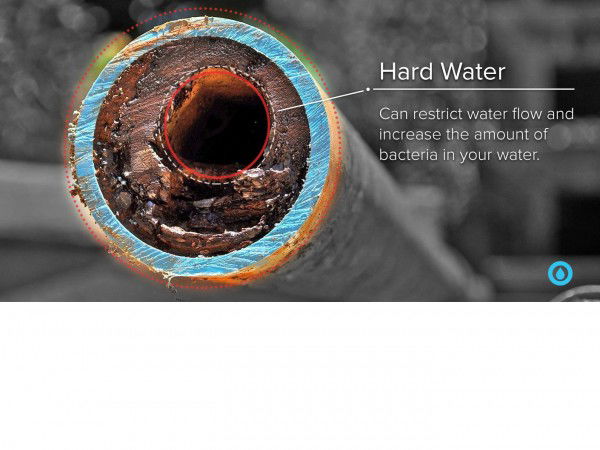UniWater FL
You Deserve Clean Fresh Healthy Quality Water For Your Entire Home
UNIWATER FOR YOUR HOME
no money down financing
Schedule Free Virtual In Home Water Test
Chlorine in drinking water can form harmful by-products when consumed and may irritate the skin and lungs when used for showering
SCHEDULE A FREE WATER TEST TODAY
About UNIWATER FLORIDA
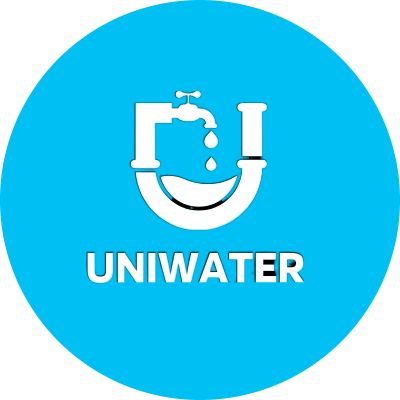
UNIWATER FLORIDA is a locally owned and operated company with over 35 years combined experience solving Florida's water problems for families and businesses. Florida water is unique. There is no such thing as a one size fits all water system. Every house is different and every family has different need. We are Floridians who cater to our fellow Floridians. We will be there with you every step of the way while you navigate through your water treatment journey. So whether you were born here or you just moved here we would like to wish you the best and welcome you to join our family.
